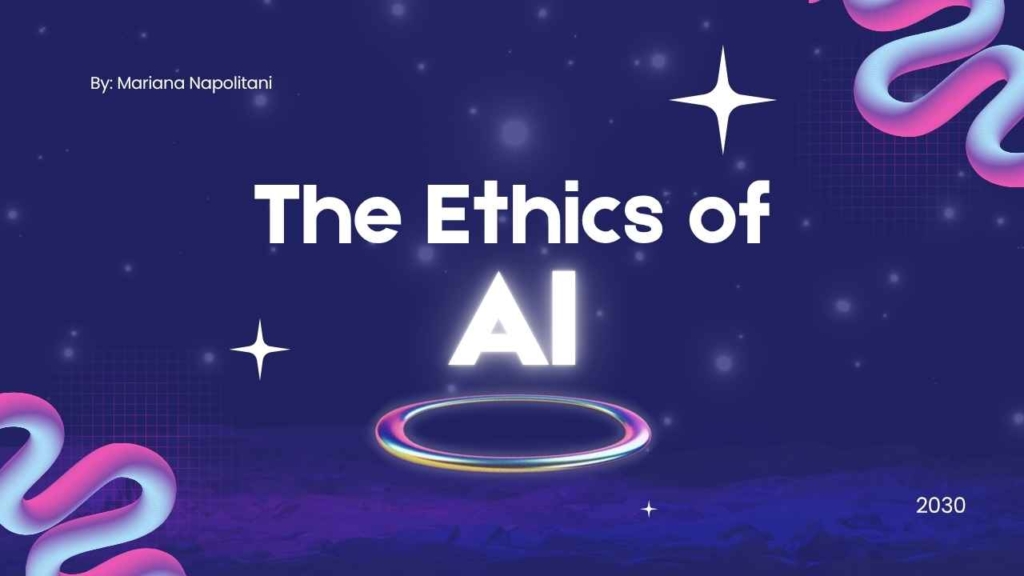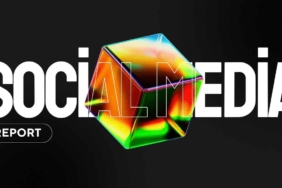As artificial intelligence (AI) continues to advance at an unprecedented pace, the ethical considerations surrounding its development have sparked heated debates. Key industry players and policymakers are increasingly focusing on the responsibilities that come with innovation, addressing concerns related to bias, accountability, and privacy.
What is AI Ethics?
AI ethics encompasses a set of principles that guide the creation and deployment of AI technologies. These principles aim to ensure that AI systems are developed responsibly and transparently, minimizing potential harm to individuals and society as a whole.
Why is AI Ethics Important?
The significance of AI ethics cannot be overstated. As machines become increasingly capable of making decisions that affect people’s lives, ethical frameworks help mitigate risks associated with:
- Data privacy: Protecting individuals’ personal information from misuse.
- Algorithmic bias: Preventing discrimination entrenched in AI algorithms.
- Accountability: Defining who is responsible when AI systems fail or cause harm.
Who is Responsible for AI Ethics?
The responsibility for ethical AI development is shared among various stakeholders:
- Developers: They must incorporate ethical considerations into the design and functionality of AI systems.
- Organizations: Corporations must uphold ethical standards and transparency practices.
- Governments: Regulatory bodies need to enforce guidelines to ensure ethical compliance.
When is AI Considered Ethical?
AI can be considered ethical when it aligns with established norms and principles promoting fairness, safety, and transparency. This includes implementing measures to:
- Ensure diverse data sets to reduce bias.
- Provide clear explanations for AI decisions.
- Establish oversight mechanisms for accountability.
How is AI Ethics Being Addressed Globally?
Different regions are adopting varied approaches to AI ethics, leading to a complex international landscape:
| Region | Approach to AI Ethics |
|---|---|
| EU | Strong regulatory frameworks emphasizing human rights and privacy. |
| USA | Industry-led initiatives and voluntary guidelines. |
| China | State-controlled approaches focusing on innovation alongside surveillance. |
Conclusion: The Path Forward for Ethical AI Development
As the landscape of artificial intelligence evolves, so too must our understanding of its ethical implications. Stakeholders across the board have a pivotal role in ensuring that AI development adheres to ethical standards. By fostering collaboration and transparency, we can pave the way for a future where technology enhances society rather than undermines it.














